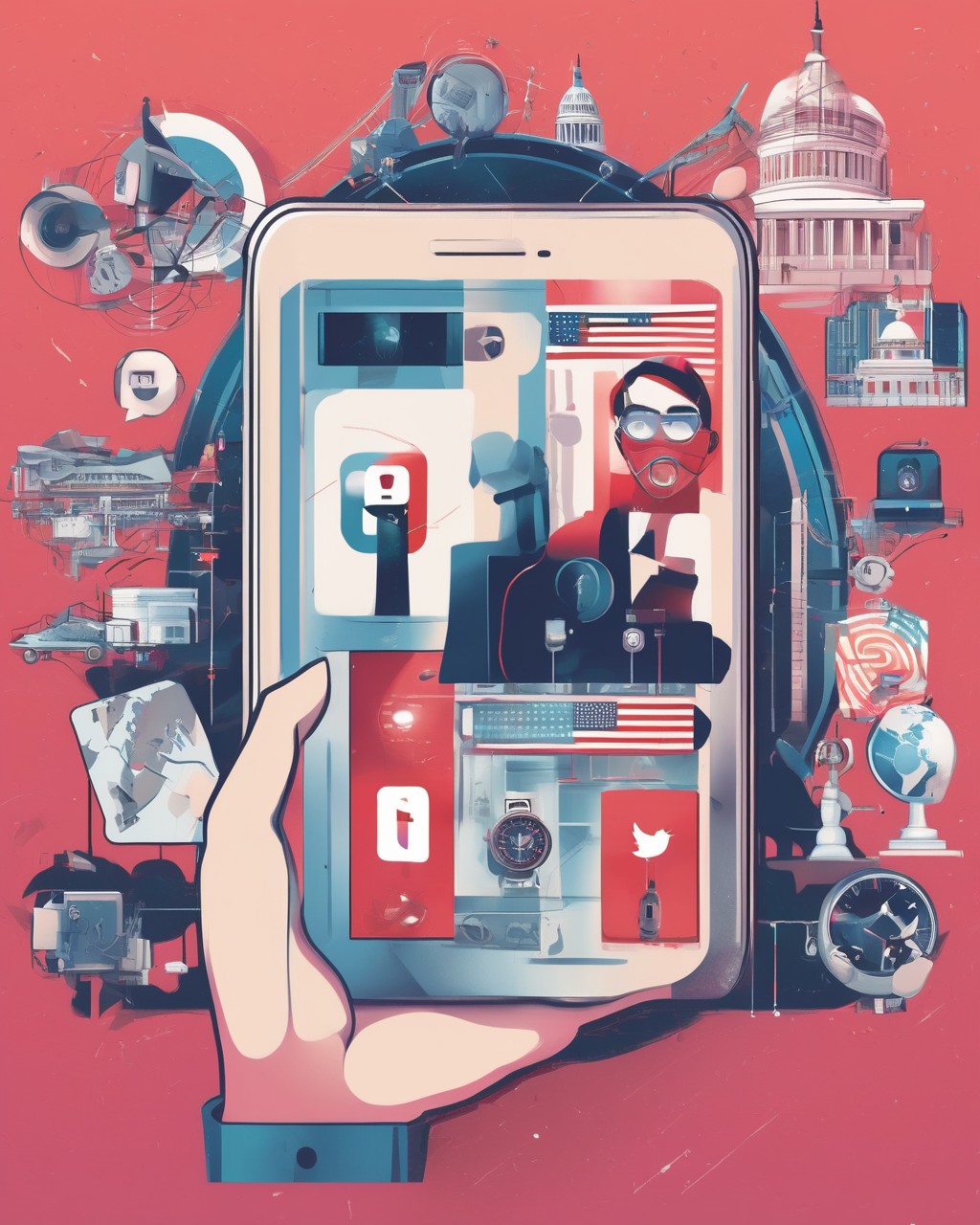Implications of Trump's Extended TikTok Shutdown Deadline on Tech and Privacy
 Max Mayer
Max Mayer
President Donald Trump's administration has taken a notable stance regarding the popular social media platform TikTok, announcing plans to continue extending the deadline for a potential shutdown of the app. This decision has sparked considerable debate surrounding national security concerns, privacy issues, and the implications for users and businesses alike.
Background on TikTok's Controversy
TikTok, a video-sharing app owned by the Chinese company ByteDance, has faced scrutiny from the U.S. government over fears that user data could be accessed by the Chinese government. These concerns stem from broader geopolitical tensions between the United States and China, particularly regarding technology and data privacy. The Trump administration has previously indicated that it views TikTok as a potential threat to national security, prompting discussions about banning the app unless it is sold to a U.S. company.
Trump's Position on National Security Concerns
Recently, President Trump characterized the national security and privacy concerns associated with TikTok as "highly overrated" [1]. This statement reflects a shift in tone, suggesting a more lenient approach to the app's operations in the U.S. While the administration has previously taken a hardline stance, the current position raises questions about the effectiveness of existing regulations and the motivations behind the ongoing scrutiny of TikTok.
Implications of Extended Shutdown Deadlines
The decision to extend the shutdown deadline for TikTok has several implications. Firstly, it prolongs uncertainty for millions of users who rely on the platform for entertainment, social interaction, and even business promotion. TikTok has become a significant tool for influencers and small businesses to reach wider audiences, and a shutdown could disrupt these economic activities.
Economic Impact on Users and Businesses
The economic ramifications of a TikTok shutdown are substantial. According to estimates, TikTok has over 100 million users in the United States alone, many of whom create content that drives engagement and revenue. Influencers and brands have built entire marketing strategies around the platform, and the potential loss of access could lead to significant financial losses. Additionally, businesses that utilize TikTok for advertising may need to pivot to alternative platforms, which could be less effective or more costly.
Future Considerations
As the Trump administration continues to navigate the complexities of TikTok's future in the U.S., the implications for data privacy, national security, and economic activity remain at the forefront of discussions. Stakeholders, including users, businesses, and policymakers, must consider the balance between security measures and the freedoms of digital expression.
The Role of Legislation and Policy
Moving forward, the role of legislation and policy in regulating social media platforms will be crucial. The ongoing debate highlights the need for comprehensive data protection laws that address the unique challenges posed by apps like TikTok. Policymakers must weigh the potential risks against the benefits of allowing such platforms to operate freely, particularly in a globalized digital economy.
In conclusion, the decision to extend the TikTok shutdown deadline underscores the complexities of managing national security concerns in a rapidly evolving technological landscape. As discussions continue, it is essential for all parties involved to engage in a constructive dialogue that prioritizes both security and the economic interests of users and businesses.
📚 Sources
yahoo.com | youtube.com | reddit.com | nbcrightnow.com | usnews.com
This post was researched and generated using multiple sources to ensure accuracy and provide comprehensive coverage of the topic.
Subscribe to my newsletter
Read articles from Max Mayer directly inside your inbox. Subscribe to the newsletter, and don't miss out.
Written by
